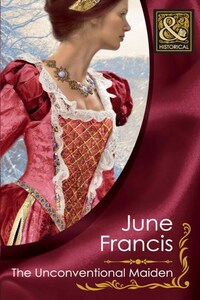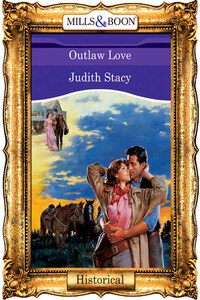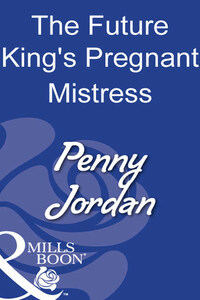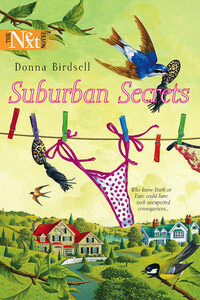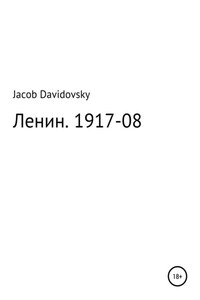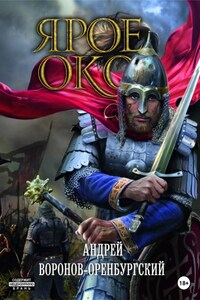‘No doubt what I am about to say will vex you, but on your father’s death I became your legal guardian. It might seem strange to you, but he trusted me. I refused at first, for I did not wish to be burdened with finding you a spouse, but he persisted.’
‘But I do not wish to marry,’ Beth blurted out.
‘So your father told me—and frankly I do not believe it,’ said Gawain, with a shake of the head.
An angry sparkle lit her eyes. ‘You are mistaken. I presume he will have left his business to me? There is naught preventing me from taking control of it when I return to London. I will be able to support myself financially, so I have no need of a husband.’
JUNE FRANCIS’s interest in old wives’ tales and folk customs led her into a writing career. History has always fascinated her, and her first novels were set in Medieval times. She has also written sagas based in Liverpool and Chester. Married with three grown-up sons, she lives on Merseyside. On a clear day she can see the sea and the distant Welsh hills from her house. She enjoys swimming, fell-walking, music, lunching with friends and smoochy dancing with her husband. More information about June can be found at her website: www.junefrancis.co.uk
Previous novels by this author:
ROWAN’S REVENGE
TAMED BY THE BARBARIAN REBEL LADY, CONVENIENT WIFE HIS RUNAWAY MAIDEN PIRATE’S DAUGHTER, REBEL WIFE
Did you know that some of these novels are also available as eBooks? Visit www.millsandboon.co.uk
DEDICATION:
To my fellow author, the prolific Anne Herries,
for all her encouragement over the years. This one’s for you!
AUTHOR NOTE
Perhaps it’s because my husband was a printer and I’m a novelist that the early days of printing should hold a fascination for me. It was William Caxton who introduced the printing press into England, and his first book was printed in 1477. By the time of 1520, when this story is set, the handwritten book was being superseded by the printed one at a rate of knots.
At first most books were religious ones, and Henry VIII had a bestseller on his hands when he wrote a slender volume in defence of the seven sacraments of the faith in response to the writings of the German priest and professor of theology Martin Luther. It was illegal to print and distribute leaflets of the teachings by him, and could be punished by death. During the Tudor period printing really took off, and more people wanted to learn to read. Their interests were not only in religion, but in such subjects as the classical period of the Greeks and Romans, hawking and, of course, Chaucer’s Canterbury Tales—the bestseller of its day. I have used a little poetic licence by having it printed before it actually was. Poetry itself was extremely popular.
There were, of course, those who considered it dangerous to make the printed word so readily available to so many people. Goodness knows what would happen if more merchants, artisans and even the masses were ever to learn to read and to think for themselves! It could lead to revolution!
Ladies in particular were considered by some to be too delicate and weak to cope with some of the material coming off the presses, never mind their actually writing for publication themselves. But of course there were women who wrote books—mostly religious, or to do with the organisation of one’s household—and of course there were those men and women who kept journals and reported on great events of the day.
Printed books were expensive, and it was to be some time before the masses were to be taught to read and write, but as we all know it eventually happened and books are now read by millions. But that makes me think about the revolution in reading habits that is taking place now. Some of us believe there is nothing so aesthetically pleasing as to hold a brand-new hardback borrowed from the library, whilst some love to snuggle up in bed with a good paperback. Others much prefer to download a whole load of eBooks onto a reader—especially when they’re going on holiday.
I’d like to finish by telling you about a small old book of almost six hundred pages that belongs to my husband. It gives me a special feel when I hold it. It was printed in 1824 and has a woodcut of William Caxton on one page. On another is the title Typographia or the Printers’ Instructions by J. Johnson, printer. It includes an account of the origins of printing. What’s so great about that? you might ask, but inside is printed a dedication to the Right Hon. Earl Spencer, KG, president of the Roxburghe Club and its members, who include the writer Sir Walter Scott. The Earl, of course, is an ancestor of Prince William—our future king.
June Francis
London—May 1520
‘So what do you think of my Beth?’ asked Master Llewellyn, handing a goblet of ruby-red wine to Sir Gawain Raventon. ‘Would she not make the right man a wonderful wife? She has kept house for me since the death of her mother and she has proved to have a good head for figures and is thrifty, so I have allowed her to do my business accounts.’
